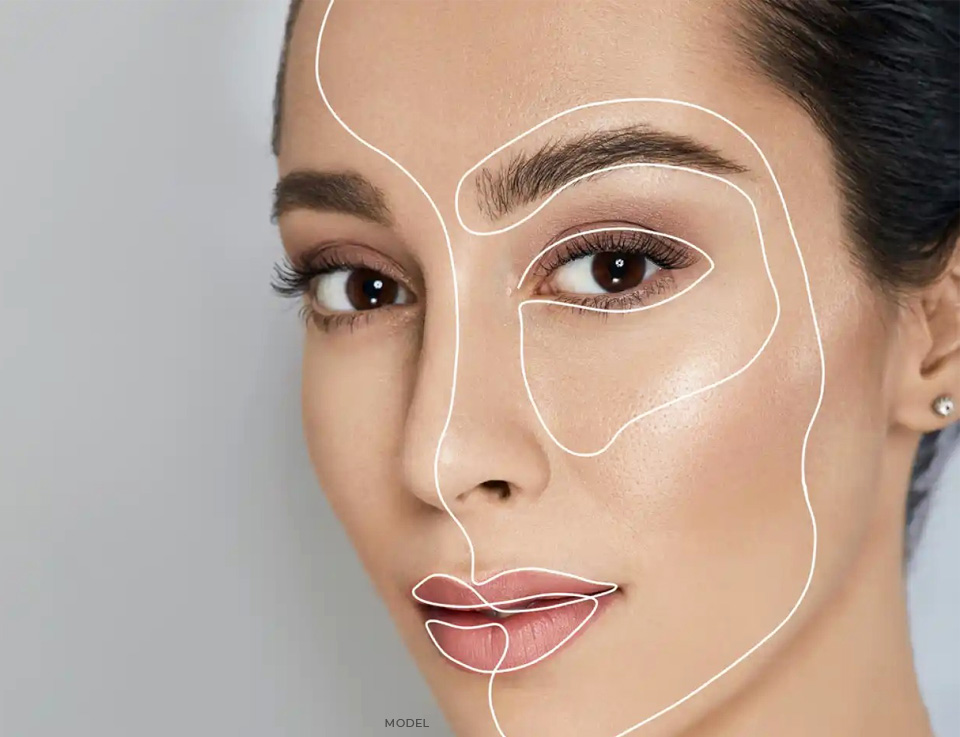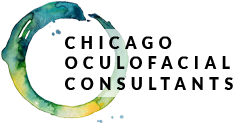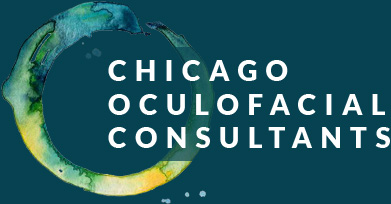Facial Paralysis Surgery in Chicago
Facial paralysis can occur without warning in some cases. But whatever the cause, it can have a significant impact on a patient’s quality of life and confidence in their appearance. However, with timely treatment, facial paralysis can often be improved or even reversed due to modern surgical methods. This is why Chicago Oculofacial Consultants is proud to offer our patients the option for reliable facial paralysis surgery in Chicago.











